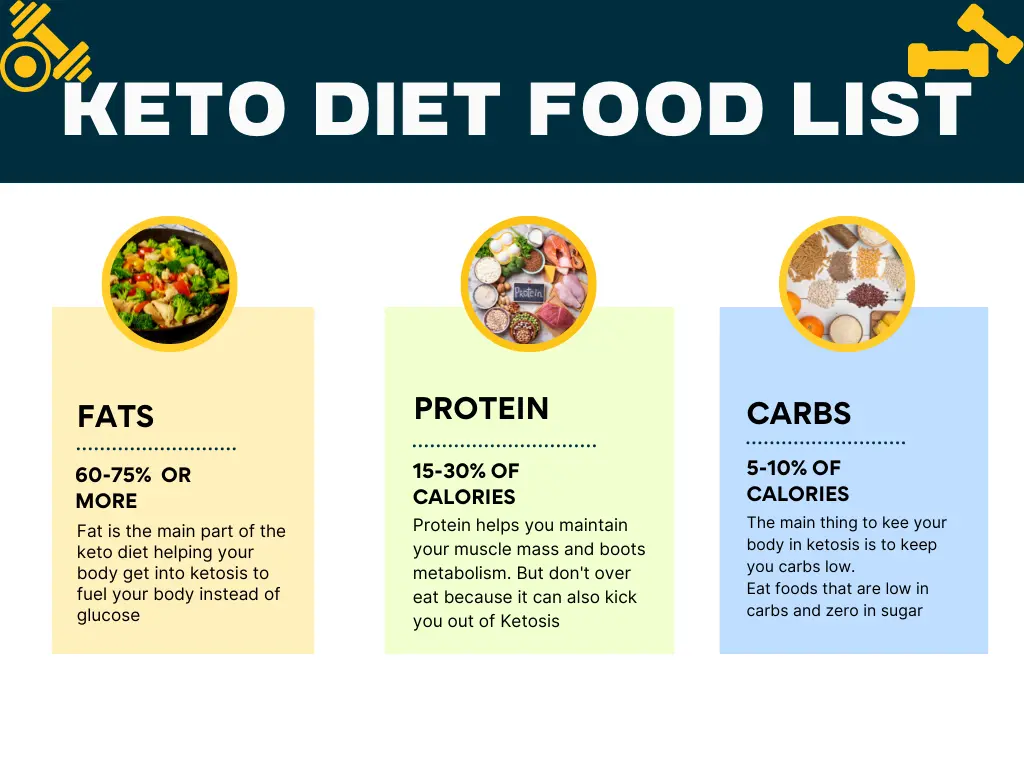The Keto diet for Indians is something that many people would have heard about in India. It is one among the best methods to get rid of excess weight and improve health simultaneously. However, before knowing what to eat or how to start the Keto diet for Indians, let us understand what the Keto diet is.
What is a Keto Diet?
The Keto diet for Indians should have a very low carb, and high fat diet. It includes the reduction of carbohydrates intake and increasing the fat intake severely which puts your body into a metabolic state called ketosis. When your body is in ketosis, it is always better to burn fat for energy.
Moreover, it turns fat into ketones in the liver which can also supply energy to the brain. Ketogenic diets for Indians or Keto diet for Indians can reduce the blood sugar levels, insulin levels and increase ketones which can give rise to multiple health benefits.

What has to be done before starting the Keto Diet?
- Your Keto diet for Indians plan aims to eliminate carbs so you should have 30 grams of carbs or less a day.
- Your staples must include items like cheese, cream, eggs, nuts, avocados, meat, oil and oily fish.
- Your meals should contain low carb veggies because fat sources are high in calories.
- You should plan your diet properly and always carry a snack with you on the go because low carb food may be hard to find.
- You can add enough salt and maybe take electrolytes as ketosis changes the mineral and fluid balance.
- You can take ketone salt supplements for faster results.
It is always important to monitor and track your progress by staying focused and consistent with your Keto diet for Indians.
Keto Diet for Indians
- Intake the best keto foods that include chicken, fish, red meat, sausages, bacon, and other meats which play a vital role in the Keto diet for Indians.
- Particularly intake of fatty and oil-rich fish (salmon, tuna, mackerel and trout) can be an excellent choice.
- Dairy should also be given importance where adding cheese, butter, and creams are necessary.
- Intake of nuts, dry fruits and seeds like the almonds, walnuts, pumpkin seeds, chia seeds and flax seeds are healthy as they are rich in natural fats and beneficial for the body’s overall health besides making terrific snacks in between meals.
- While considering beverages, unsweetened coffee and water are preferred to be the best choices.
- Cruciferous vegetables like cauliflower, broccoli, cabbage, capsicums, zucchini, kale, spinach, and other vegetables are excellent choices for meal preparation. Mint, coriander, pepper, mustard leaves, bottle gourd, bitter gourd, brinjal, tomato, onions and okra are also good additions to the keto diet meal plan.
- Tofu or paneer are excellent substitutes for vegan or vegetarian recipes.
- Herbs and spices which are commonly used in Indian cooking contain very few carbs, and allows you to enhance the flavour of even the most boring alternatives of keto foods.
- As the keto diet is high in fat, ghee, butter, or cream, coconut or olive oil can be used for a ketogenic diet.
- Choose fruits like watermelon, lemons and varieties of berries because most fruits are heavy in carbohydrates.
7-DAY KETO DIET PLAN CHART (INDIAN)
| Week Days | Break fast | Lunch | Dinner |
| Monday | Omelette Cooked in Butter with Bacon | Mutton Seekh Kebab | Omelette |
| Tuesday | Hard-Boiled Eggs with Mutton Seekh Kebab | Shallow Fried Cottage Cheese | Shredded Chicken Breast in Soya Sauce |
| Wednesday | Masala Omelette with Cheese with Smoked Bacon | Parboiled Cauliflower in Mayo with Mutton Seekh kebab | Keto Butter Chicken/Murg Makhani |
| Thursday | Scrambled Eggs with Chicken Sausages | Chicken Malai Tikka | Chicken Seekh Kebab |
| Friday | Protein shake | Shami Kebab with Greek Yogurt and Sliced Strawberries | Chicken Broth, Hard Boiled eggs, Honey Smoked Bacon |
| Saturday | Scrambled Eggs with Bulletproof Coffee | Capsicum/Peppers stuffed with Cottage Cheese (Paneer) | Keto Tandoori Chicken |
| Sunday | Keto Cheese Rollups | Keto Quesadillas | Yummie Spinach Pie |
Foods To Avoid in Keto Diet for Indians
Make sure to avoid unhealthy fats like margarine, vegetable oils, processed foods and diet food that contain preservatives, artificial colours, and sweeteners. Some of them are listed below:
- Baked goods such as donuts, rolls, cookies, white or whole wheat breads.
- Foods with rich sugar content like ice cream, maple syrup, agave syrup, sugar and coconut sugar.
- Sweetened beverages such as soda, tea, juice, and sports drinks.
- Fruits like grapes, bananas, citrus and pineapple.
- Starchy vegetables like potatoes, peas, corn, and pumpkin.
- Beans and legumes that include the lentils, black beans, chickpeas, and kidney beans.
- Alcoholic beverages like sugary mixed drinks and beer.
Benefits of the Keto diet for Indians
- Weight Loss: The reduction of carbohydrate intake prompts the body to burn fat for energy, leading to weight loss.
- Mental Clarity: Ketones serve as an effective fuel source for the brain, improving cognitive function.
- Stable Energy Levels: Consuming fats provides a consistent and enduring energy supply, reducing energy crashes.
- Blood Sugar Management: Lower carbohydrate intake helps maintain stable blood sugar levels, which is particularly beneficial for individuals with diabetes.
Conclusion
A Keto diet for Indians might be a possibility for certain individuals who have experienced issues getting more fit with other methods.Therefore, assuming one decides to begin a ketogenic diet, it is prescribed to talk with one’s doctor and a dietitian to intently screen any biochemical changes subsequent to beginning the routine, and to make a dinner plan that is custom-made to one’s current ailments and to forestall healthful inadequacies
Read also: Best Nutrients for Bodybuilding, Simple exercises to lose belly fat




